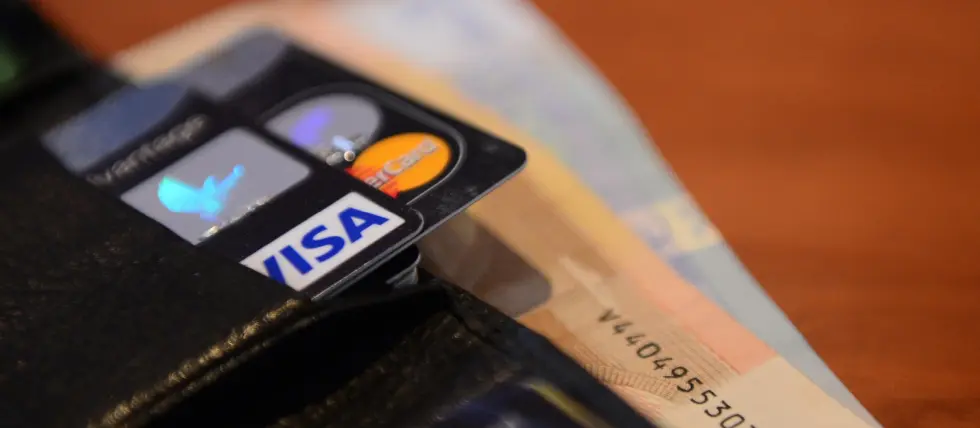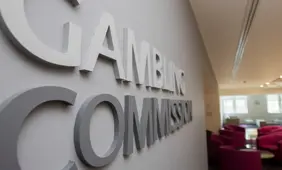Ireland Introduces Voluntary Card-Blocking Initiative for Gamblers
Ireland has introduced a new banking initiative that allows people struggling with gambling addiction to block debit card transactions on gambling websites and mobile applications. The update comes as the country continues to reform its gambling laws and create a new gambling regulator.

The voluntary card-blocking measure was launched on September 19 by the Irish Banking Culture Board in collaboration with AIB, Bank of Ireland, and PTSB. The system is designed to function like a switch that stops payments to registered gambling operators, creating a direct barrier between a user's bank account and gambling platforms.
Related: Ireland's New Gambling Rules to Include Voluntary Block on Credit and Debit CardsThe move comes at a time when online gambling accounts for around 90% of all gambling activity in Ireland, with approximately 99% of that spending facilitated through debit card transactions. By implementing a universal block on gambling-related payments, the program aims to reduce harm and provide an immediate tool for individuals experiencing gambling-related difficulties.
Advocates for gambling reform and support services have welcomed the measure as a significant step forward. Barry Grant, project manager of Extern Problem Gambling, highlighted the importance of a blanket block, describing it as a major development.
He noted that many individuals in treatment or seeking help often hold dozens of gambling accounts but rely on a single bank account, making it possible to cut off gambling access at the financial source. Grant emphasized that the ability to stop all transactions with one switch could have a meaningful effect on reducing gambling harm.
The initiative also incorporates a safeguard to prevent individuals from unblocking access too quickly. Customers who request to lift the block will face a mandatory cooling-off period, giving them time to reconsider the decision. Banking representatives indicated that this period is deliberately built into the system to provide a buffer against short-term urges, which are a common challenge for those with gambling addictions.
More Regulation News
A Long Time Coming
Campaigners have long called for such financial tools, pointing out that digital gambling can often outpace traditional intervention methods. Unlike betting in physical venues, online gambling is highly accessible, rapid, and frequently invisible to friends and family members. The integration of debit card restrictions is viewed as a practical way to add friction to the gambling process and reduce impulsive spending.
Oisín McConville, a former All-Ireland winning soccer player for Armagh and an ambassador for Gambling Care, also welcomed the launch. McConville, who has spoken publicly about his own experience with gambling addiction, stressed that most people who seek help do so when they are already in crisis, often with severe financial and emotional consequences.
He said that the hidden nature of gambling makes it difficult for others to detect early signs of harm. Therefore, a direct blocking mechanism offers a critical form of protection.
The voluntary blocking service is being presented as an additional resource alongside existing support and counseling options. Banking leaders and advocacy groups have acknowledged that while the measure cannot address all aspects of problem gambling, it offers an immediate and practical safeguard.
RELATED TOPICS: Regulation
Most Read
BETBY Launches Always-On Virtual American Football and Expanded Bet Builder Markets
Feb 04, 2026Must Read
 Interviews
Interviews
Exclusive Interview: Levon Nikoghosyan Shares AffPapa Winning Formula for Successful iGaming Events
Dec 03, 2025 Interviews
Interviews








Review this New Post
Leave a Comment
User Comments
Comments for Ireland Introduces Voluntary Card-Blocking Initiative for Gamblers